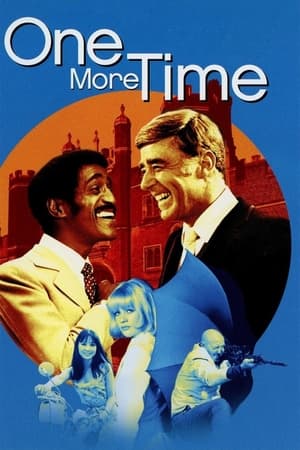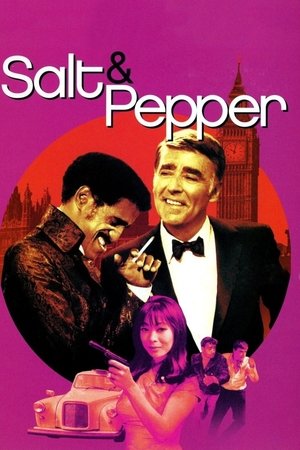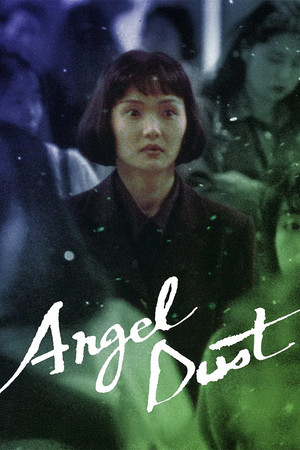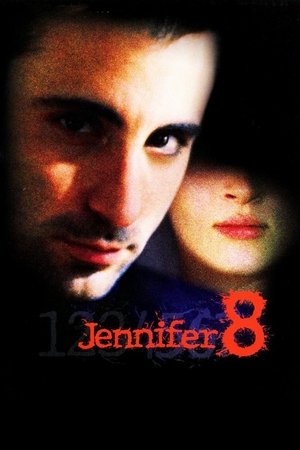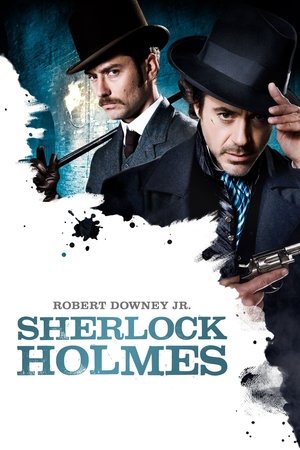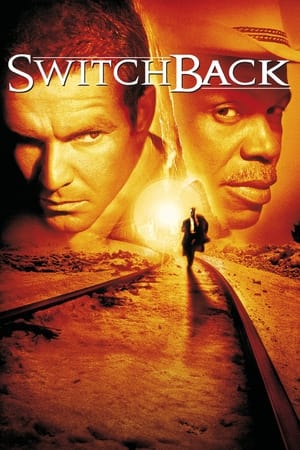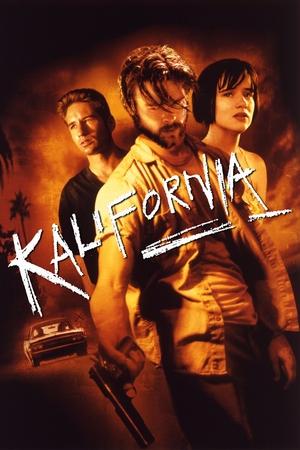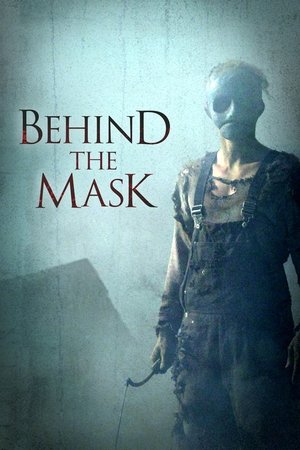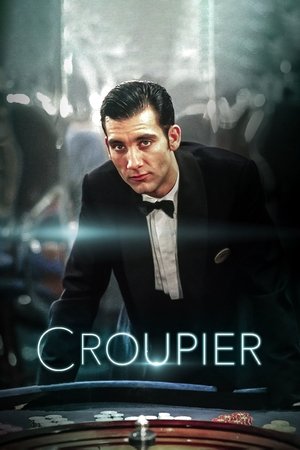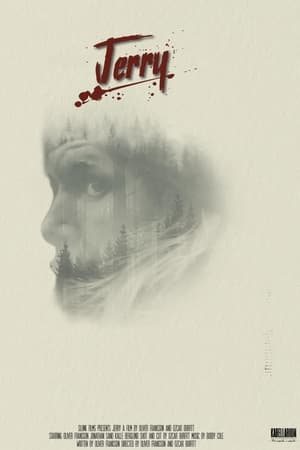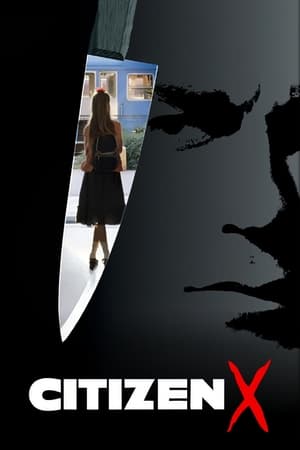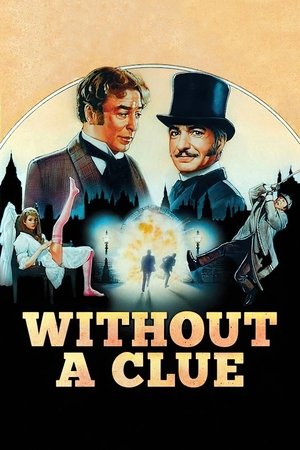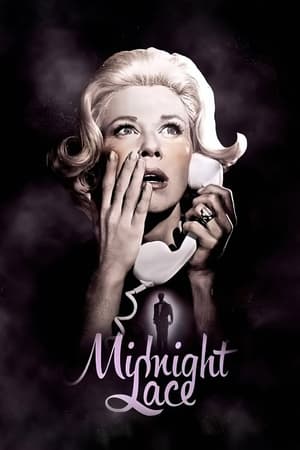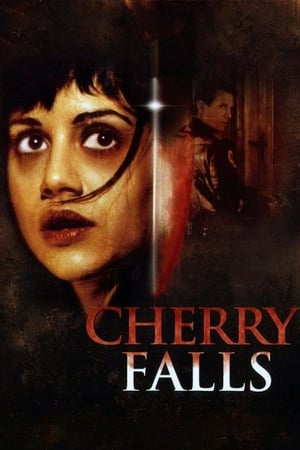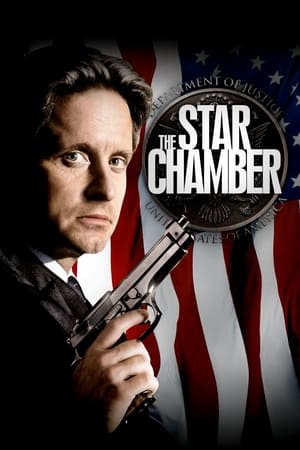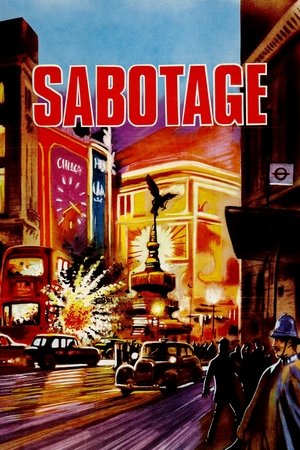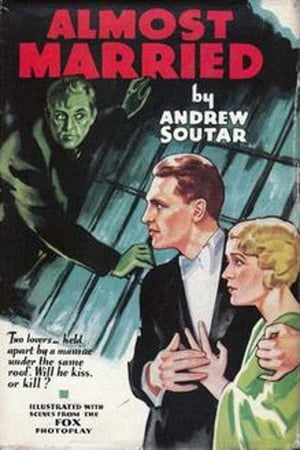Overview
Sandra Carpenter is a London-based dancer who is distraught to learn that her friend has disappeared. Soon after the disappearance, she's approached by Harley Temple, a police investigator who believes her friend has been murdered by a serial killer who uses personal ads to find his victims. Temple hatches a plan to catch the killer using Sandra as bait, and Sandra agrees to help.
Reviews
Poet Killer Believed To Be At Bay!
Lured (AKA: Personal Column) is directed by Douglas Sirk and collectively written by Leo Rosten, Jacques Companéez, Simon Gantillon and Ernst Neubach. It stars Lucille Ball, George Sanders, Charles Coburn, Cedric Hardwicke, Joseph Calleia and Boris Karloff. Music is by Michel Michelet and cinematography by William H. Daniels.
A serial killer in London is murdering young women whom he meets through the personal columns section of the newspaper. Taunting the police with cryptic poems, the killer is proving most illusive, so much so that when a friend of dancer Sandra Carpenter (Ball) disappears, the police enlist her to act as bait to lure the killer in.
There's a lot to like about Lured, on proviso you have your expectation level correctly set as to what sort of film it is. It's a very uneven movie in tone, which when one sees that there were four writing contributors involved in bringing it to the screen, perhaps comes as no surprise. A remake of Robert Siodmak's 1939 film Pièges (set in Paris), it is never sure if it wants to be a comedy mystery or a dark brooding thriller. A shame because in spite of it being a set bound production, Sirk and Daniels create a sinister visual mood when the story lurks around the constructed London sets.
The cast are ever watchable, though you can see Ball struggling to rein in her natural comedic bent during the more dramatic sequences, but she leads off from the front and looks positively lovely and radiant. Karloff fans get a fun extended cameo, with the great Uncle Boris playing up to a caricature of unstable characters he could do in his sleep, Sanders is suitably stand-offish, Coburn ebullient, while Hardwicke and Calleia add a touch of class to the support ranks.
Michelet's musical score is in keeping with the mixed tonal flow of the picture, in fact sometimes sounding like it should be in a screwball movie from decades previously, but with competent professionalism coming elsewhere from Sirk, Daniels and the lead cast members, it's an enjoyable movie. Even if it's all a bit too jolly and nonchalant for its own good at times. 6.5/10
Lucille Ball looks really quite glamorous at times in this well cast mystery that is distinctly devoid of, well, actual crime.... She is drafted in by Scotland Yard to assist them in their investigation of eight girls who have gone missing over recent years; the latter being her friend. The one thing these mysteries may have in common is that each girl was written a poem before they went off the radar, and each may have responded to a lonely-hearts type ad in the newspaper. So "Sandra" is tasked with responding to each of these ads with a view to ensnaring our would be kidnapper/murderer (George Zucco is great as her police minder throughout this exercise). This is probably the most enjoyable phase of the film, as she encounters a few of life's more curious folks - not least a wonderful, brief, cameo from Boris Karloff - before she alights on the debonaire George Sanders (or does he alight on her?) and his business partner Sir Cedric Hardwicke. The former certainly fits the bill - he makes his romantic intentions clear from the outset, and when certain seemingly conclusive clues start to appear then Charles Coburn ("Insp. Temple") concludes they have their man...but do they? The story is nothing new here, but the cast work well and though hardly menacing, the drama does build well to a cleverly played out endgame. Ball is very far removed from the characterisations she became much more familiar for, and acquits herself well in good company with her co-stars, a decent script and this is well worth a watch

 102 min
102 min
 6.3
6.3
 1947
1947
 USA
USA
 John Chard wrote:
John Chard wrote: